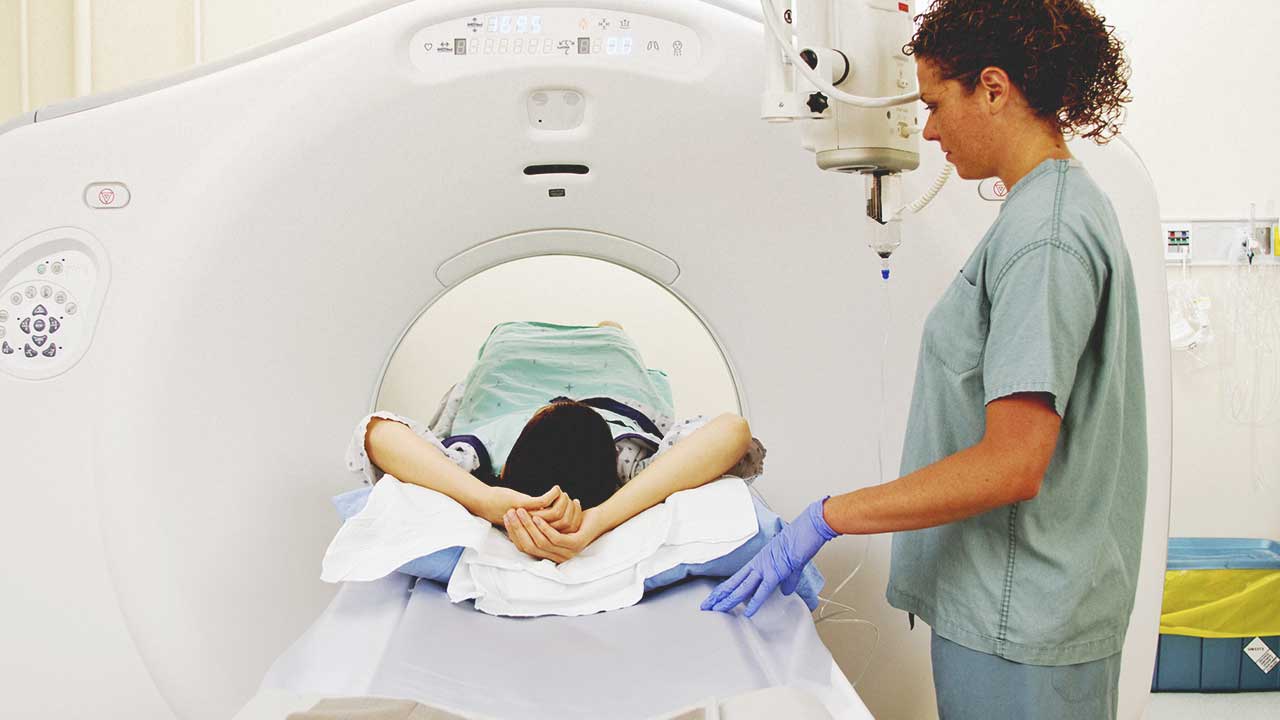
Even if you’ve fully prepared yourself for your upcoming ankylosing spondylitis (AS) appointment by making a list of your medications, noticing new symptoms, and even doing your own treatment research, chances are there are things you’re missing. Here are 10 questions your rheumatologist wishes you’d bring up.
1. Are you experienced in treating AS?
This may be the most important question you ask, and a good doctor won’t be offended by it.
Rheumatologists are trained to treat arthritis, but there are many types of arthritis.
AS tends to be diagnosed in younger people, and it takes a lifetime of disease management. That means you’ll want to form a partnership with a doctor who understands the specifics of AS and its potential complications and is up to date on the latest treatments.
Even if you’ve seen this particular rheumatologist before, it’s always a good idea to ask about their experience related to AS.
2. Are there certain exercises I should do?
Exercise is a vital part of treatment for AS. Physical activity can help ease the pain, increase flexibility, and improve overall health. Of course, you’ll want to make sure you’re doing the right type of exercises in the right way.
Your rheumatologist is familiar with your symptoms and will be able to recommend the best exercises for you. Your regimen will probably include muscle strengthening and range-of-motion exercises.
You might also want to ask for a referral to a physical therapist who can tailor a program to match your needs. Supervised programs have been found to be more effective than going it alone.
3. What medications will help?
Medications are an important tool in treating AS. There are medications designed to slow progression, lessen pain, and relieve inflammation. Among them are:
- disease-modifying antirheumatic drugs (DMARDs)
- nonsteroidal anti-inflammatory drugs (NSAIDs)
- corticosteroids
- biologic agents
Your rheumatologist will help you decide on medications based on your symptoms, disease progression, and personal preferences.
You’ll discuss the potential benefits of each medication, as well as the potential side effects. Don’t forget to ask how each medication interacts with alcohol, as well as any other meds you take. Starting with the lowest possible dose, medications must be adjusted to meet your needs.
Your doctor will monitor your response to medications on future visits. But don’t hesitate to call between visits if it’s not working out.
4. Do I need to follow a special diet?
There’s no diet specifically for AS, but it’s worth asking the question. Your doctor will know about any other medical problems, dietary deficiencies, and your general state of health.
Carrying extra weight adds stress to your joints, so they can advise you on how to safely lose weight or maintain a healthy weight.
If balancing your diet seems to be a problem, ask for a referral to a dietician or nutritionist to help you get started.
5. How often should I come back for a checkup? What tests will you do?
There are no hard-and-fast rules for monitoring AS because it’s not the same for everybody. Your rheumatologist will assess your symptoms and disease progression to come up with an action plan.
Ask when your next appointment should be and how far in advance appointments must be booked. If your doctor expects to perform any tests at that time, ask:
- What is the purpose of this test?
- Does it require any preparation on my part?
- When and how should I expect results (phone, email, follow-up appointment, directly from the lab, through an online health record system)?
Your disease-monitoring schedule will likely fluctuate as your condition does.
6. Is there anything at all I can do about my posture?
Since AS mainly affects your spine, this is an excellent question. Some people with AS do eventually have trouble straightening their spine. Some even develop fused vertebrae.
This doesn’t happen to everyone. The good news is that there are ways to improve your posture and keep your spine as flexible as possible for as long as possible.
After your doctor examines your spine, they’ll be able to offer tips that may include:
- posture mindfulness while sitting and standing
- muscle-strengthening exercises
- flexibility exercises
- bedtime positioning tips
- good walking habits
7. Are massage, acupuncture, or chiropractic treatment safe?
Certain complementary therapies can help ease symptoms and improve your overall well-being. Because AS progresses differently for everybody, therapies like massage may help some people, but aggravate symptoms in others.
Ask your doctor if these therapies can be harmful to you. If not, ask for referrals to qualified, licensed practitioners.
8. What’s my outlook?
It’s difficult to say how AS will progress. Some people experience a mild course of the disease. Some even enjoy long remissions between bouts of active inflammation. For others, disease progression is rapid and leads to disability.
No one is in a better position to give you an idea what to expect than your own rheumatologist.
Much will depend on the treatments you choose, how well you adhere to them, and how effective they turn out to be. You can improve your outlook by:
- staying as physically active as you can
- following a balanced diet
- maintaining a healthy weight
- quitting smoking
9. Is there anything I shouldn’t do?
Although exercise is part of your treatment, your doctor might want you to avoid certain movements or lifting items over a certain weight. This may be a particularly important question if you have a physically demanding job.
Also, you shouldn’t smoke because it’s been linked to poor functional outcome in people with AS. If you’re a smoker and haven’t been able to quit, talk to your doctor about smoking cessation programs.
10. Are there any other specialists I should see?
Your rheumatologist will take the lead in treating your AS. But it can affect almost every part of your body, so there may be times when you need to see another specialist such as:
- a physical therapist to help with your exercises
- an ophthalmologist to treat problems that can occur with your eyes
- a gastroenterologist to treat bowel-related symptoms (colitis)
- a therapist to help with your emotional needs
- a dietician or nutritionist to promote healthy eating habits
Much will depend on your particular symptoms. Your rheumatologist will make recommendations accordingly.
Your doctor can also provide information on support groups and sources of additional information.
Read more in Ankylosing Spondylitis ResourcesBunyard, M. P. (2010, August). Ankylosing spondylitis. Retrieved from http://www.clevelandclinicmeded.com/medicalpubs/diseasemanagement/rheumatology/ankylosing-spondylitis/
Reveille, J. D. (2013, November). Spondyloarthritis. Retrieved from http://www.rheumatology.org/I-Am-A/Patient-Caregiver/Diseases-Conditions/Spondyloarthritis
Questions and answers about ankylosing spondylitis. (2016, June). Retrieved from https://www.niams.nih.gov/Health_Info/Ankylosing_Spondylitis/



